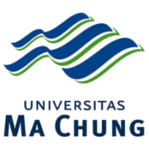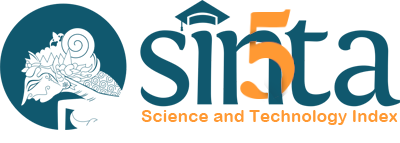Interpretasi Hermeneutika: Meneropong Diskursus Seni Memahami Melalui Lensa Filsafat Modern dan Postmodern
Abstract
The verb "to understand" is not only frequently misinterpreted but also epistemically does not even have the attention from society. In addition, the gap between the object that is understood and the understanding subject is getting wider. The term “understand” is identical with hermeneutics and it becomes an interesting discourse among the philosophers in which it is made to minimize the gap of misunderstanding between subject and object. Modern philosophers such as F.D.E. Schleiermacher, who succeeded in releasing hermeneutical discipline from the theological context into the philosophical context, focused on the aspect of textuality to achieve the objectivity. W.C.L. Dilthey, also a modern philosopher, succeeded in developing the hermeneutics from his predecessors by emphasizing reproductivity in attempt to have re- experience not only from the outer dimensions but also the inner dimensions of an object. While the modern philosophers emphasized the attainment of the objectivity, on the other hand, the postmodern philosophers such as Gadamer and Heidegger critically shifted their attainment to the realm of the subjectivity. Furthermore, if Heidegger departs from phenomenology- ontological perspective which centered on humans as the subject, Gadamer with his philosophical hermeneutics succeeds in restoring the concept of abstraction to the social sciences along with expanding the range of paradigm. These four philosophers have successfully made a significant impact in responding to the social phenomena that are often disturbing the civilization. Thus, hermeneutic interpretation becomes important to be used in order to minimize the occurrence of social conflict as well as to maximize the realization of universal humanism.
Open Access Policy
This is an open access journal which means that all content is freely available without charge to the users or their institution. Users are allowed to read, download, copy, distribute, print, search, or link to the full texts of the articles, or use them for any other lawful purpose, without asking prior permission from the publisher or the author. This is in accordance with the BOAI definition of open access.
![]() This work is licensed under a Creative Commons Attribution-ShareAlike 4.0 International License.
This work is licensed under a Creative Commons Attribution-ShareAlike 4.0 International License.

















